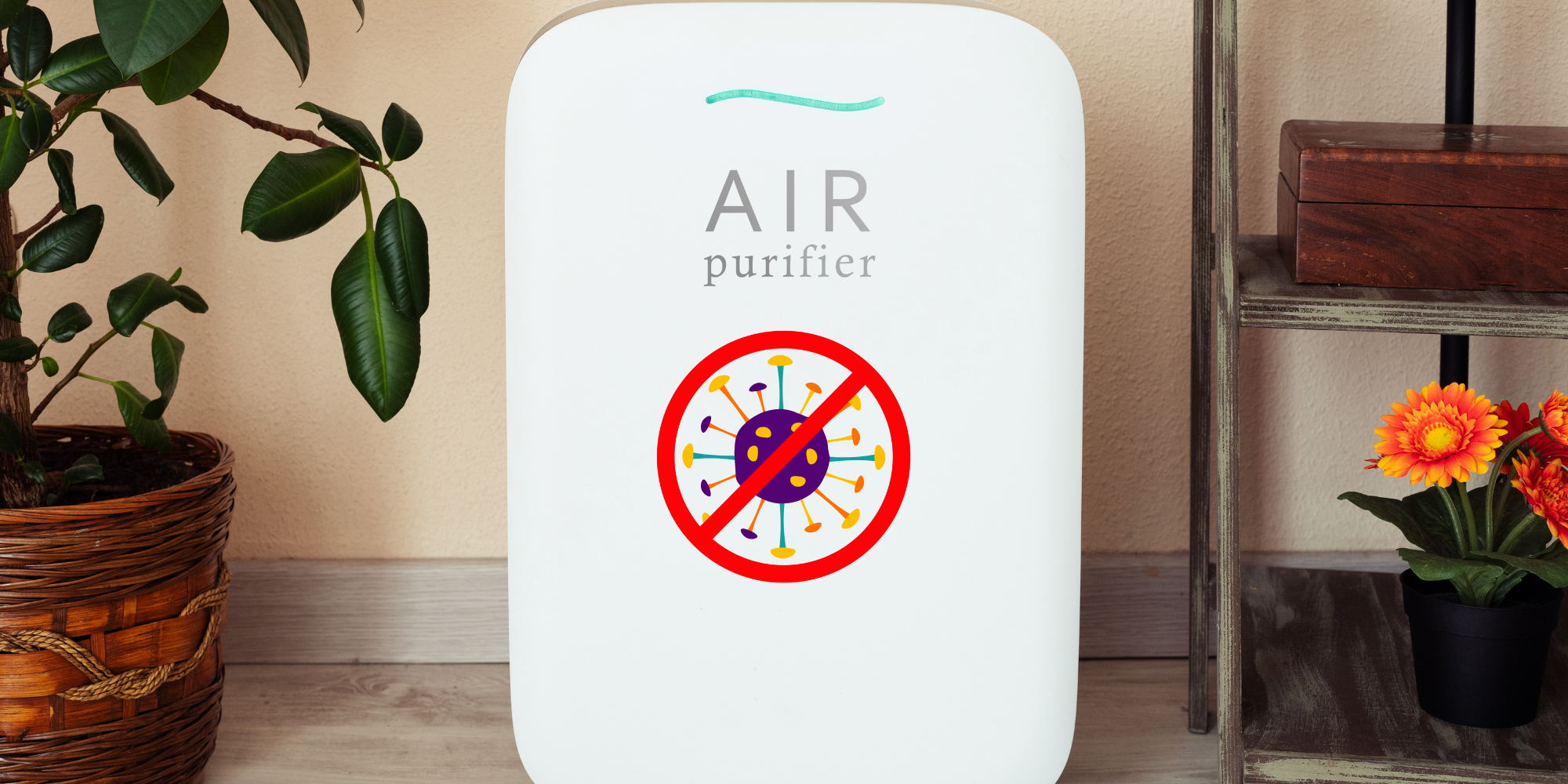Have you been sneezing and coughing a lot lately? Air pollutants could be the culprit!
Air pollution in India has reached alarming levels, affecting millions of people’s health and quality of life. With cities like Delhi consistently ranked among the most polluted in the world, the toxic air contributes to a surge in respiratory issues and allergies.
The Air Quality Index (AQI) has become a growing concern nationwide, frequently exceeding safe limits and turning pollutants into a daily menace. Shocking data from the State of Global Air Report 2024 reveals that air pollution was responsible for nearly 2.1 million deaths in 2021 alone!
As these alarming statistics continue to rise, air purifiers are being marketed as potential remedies. But do they genuinely make a difference? Are they a powerful tool in the battle against allergies, or are they just a temporary fix?
In this article, we will explore expert insights to understand whether air purifiers can truly provide relief from allergies!
Air pollution is choking people in India

Air pollution in India has morphed into a public health crisis, affecting both millions of lives and the economy. According to a study, exposure to polluted air is closely linked to a surge in respiratory and cardiovascular diseases.
Cases of asthma, bronchitis, and chronic obstructive pulmonary disease (COPD) are increasing, while long-term exposure heightens the risk of health issues like heart attacks, strokes, and even lung cancer. Children are particularly at risk as they face higher chances of lung infections impacting their future.
In major urban cities like Delhi, Mumbai, Bengaluru and Kolkata, hazardous air quality has become the norm, with Delhi often topping the charts as one of the world’s most polluted cities.
Each winter, the city grapples with thick smog, leading to dangerously high air quality indexes. However, are air purifiers an effective solution to combat this? Let’s find out!
What are air purifiers and how do they work?
Air purifiers are your allies in the battle for cleaner indoor air! These devices improve your environment by filtering out harmful contaminants lurking in the air.
Equipped with specialised filters, particularly High-Efficiency Particulate Air (HEPA), they excel at capturing tiny particles, including pesky allergens. They are especially effective against common airborne irritants such as:
- Particulate matter
- Mould spores
- Unpleasant chemicals and odours
- Smoke particles
By effectively removing these pollutants from your space, air purifiers can significantly lower your exposure to allergens, helping you breathe easier and enjoy a healthier environment.
Expert’s take: Are air purifiers effective for allergies?
Dr. Sulaiman Ladhani, a pulmonologist at Wockhardt Hospital spoke to Times Now and suggested that air purifiers can be beneficial for individuals who struggle with dust allergies.
Several important considerations must be made to ensure that an air purifier operates effectively. Regular filter maintenance is crucial, as neglecting this can worsen allergy symptoms. Additionally, using a humidifier is better in conditions where the air is dry.
It’s also recommended to place the air purifier in the area where you spend the most time. Constantly turning it on and off can negatively impact its efficiency, so it’s best to keep it running consistently.
Overall, while air purifiers can help alleviate symptoms such as sneezing, coughing, and watery eyes, creating a more comfortable living environment, they should not be seen as a complete solution. They are unable to eliminate larger pollutants like dust mites.
The bottom line
Air purifiers can help save you from allergies by removing allergens from the air. While they are not a complete solution, they can be a valuable tool in managing your symptoms. If you suffer from allergies, consider investing in an air purifier to help improve the air quality in your home.










![Read more about the article [Startup Bharat] This Nagpur startup is ensuring access to clean drinking water to people across rural India](https://blog.digitalsevaa.com/wp-content/uploads/2021/05/imageonline-co-logoadded35-1621512194676-300x150.jpg)